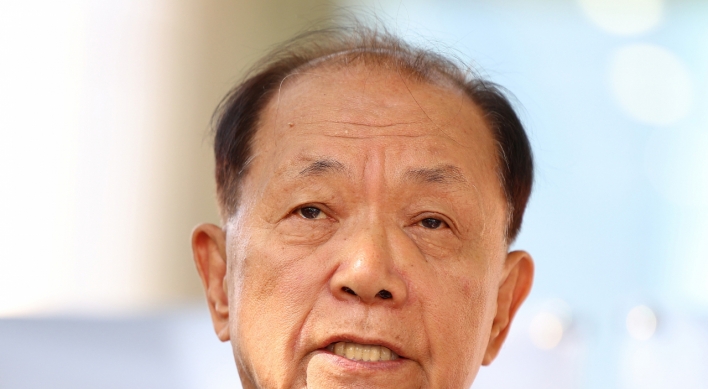Over 40% of Koreans anticipate financial challenges in retirement
By Kim Hae-yeonPublished : Nov. 26, 2023 - 15:27

Four out of 10 South Koreans feel financially unprepared for post-retirement life, according to a survey released on Sunday. Only 21 percent expressed a sense of well-rounded preparedness in advance.
The KB Financial Group's Management Research Institute conducted a survey on retirement preparation and housing preferences among 3,000 men and women aged between 20 to 79 nationwide, who are financial decision-makers in their households. The survey took place in January this year.
The survey revealed that the average "estimated minimum living expenses" for basic needs such as food, clothing and housing in South Korea, is thought to be around 2.51 million ($1,920) won per month.
But respondents estimated that they will require approximately 3.69 million won per month to cover "estimated adequate living expenses" after retirement, including expenses for travel and leisure activities as well as their grandchildren's allowances on top of the estimated minimum living expenses. Sixty percent of them expressed confidence about meeting such estimated expenses, as indicated by the report.
Comparing the findings to a similar survey conducted in 2018, the minimum and adequate estimated living expenses have increased by 760,000 won and 1.06 million won, respectively.
Despite such estimates, respondents on average estimated that what they will actually be able to afford after retirement will be 2.12 million won per month, taking into account their current situation, which involves factors such as their estimated household income, expenditures and personal savings. The amount falls 1.57 million won short of what they perceive to be adequate.
The desired retirement age among 2,477 individuals who are yet to retire was recorded as 65. However, the actual retirement age of 409 people who have already retired was 55 years old on average, marking a deviation of 10 years before the anticipated retirement age.
On top of such disparities between expectations and reality, over half of the survey participants stated that they have "not begun financial preparations for retirement."
The average age at which individuals begin their financial preparations for retirement has shifted from 44 in 2018 to 45 this year.
Meanwhile, "medical facilities" were cited as the top consideration when choosing where to live, particularly among married couples with children who have not yet retired. "Shopping facilities," "natural environments" such as parks and "transportation" were also significant factors. Fifteen percent mentioned "living near their children" as their top consideration.
Among couples with children, 76.4 percent expressed a desire to continue living in their current homes -- known as the trend of "aging in place" -- while 66.9 percent of childless couples shared this sentiment.
The percentage of positive opinions on moving to a residential retirement community equipped with services specifically for older residents targeting those who can live independently, accounted for 59.7 for married couples with children and 66.9 percent for married couples without children, respectively.
Regarding the reasons people might choose a retirement community if they could, 28.6 percent responded that such dedicated communities are favorable residential environments for older adults, while 19.9 percent cited the robust living support services. Seventeen percent answered that they want to avoid burdening their children.






![[KH Explains] No more 'Michael' at Kakao Games](http://res.heraldm.com/phpwas/restmb_idxmake.php?idx=644&simg=/content/image/2024/04/28/20240428050183_0.jpg&u=20240428180321)











![[Herald Interview] Mistakes turn into blessings in street performance, director says](http://res.heraldm.com/phpwas/restmb_idxmake.php?idx=652&simg=/content/image/2024/04/28/20240428050150_0.jpg&u=20240428174656)
